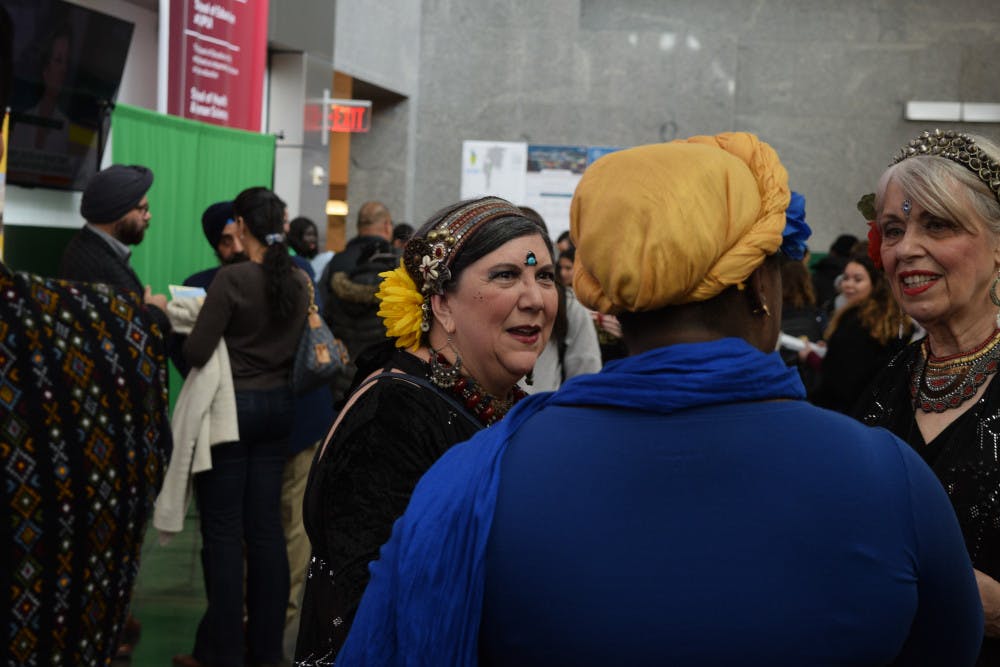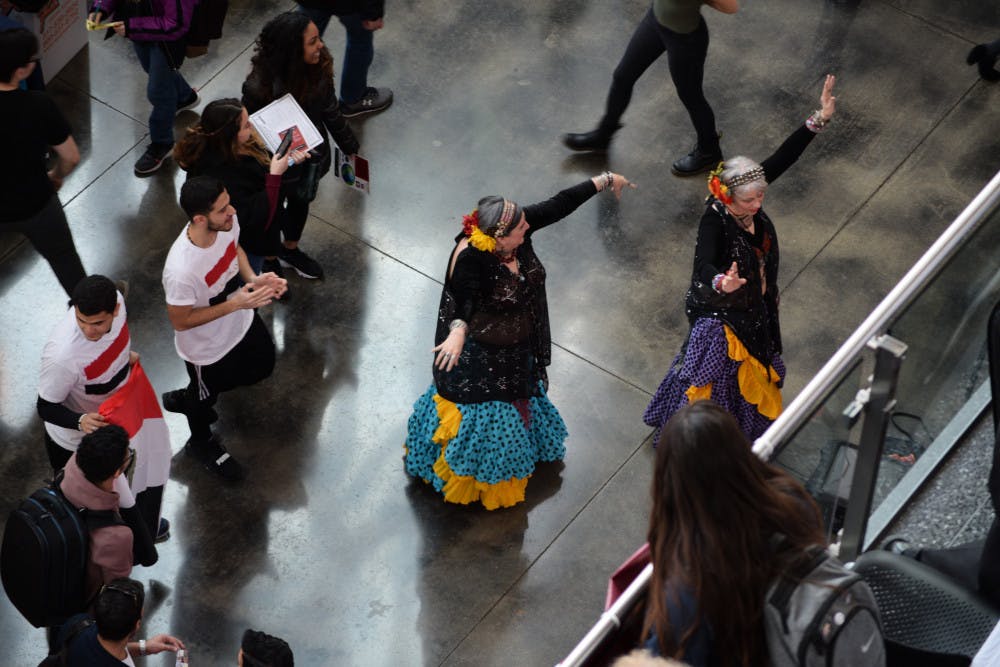After 30 years, IUPUI’s Office of International Affairs has not slowed down. To help new students, the OIA runs the International Peer Mentoring Program (IPMP). Mentors guide students in their first years through both typical student concerns and the social complexities of being a young person abroad.

As of fall 2018, IUPUI has 1,891 international students. Most come from India, Saudi Arabia, China, and Mexico. It’s easier for the university to recruit consistently from pockets of established relationships. International students are often attracted to IUPUI because of its urban campus, Purdue programming, and high scholarship offerings.
Following application and acceptance, the enrollment process for international students can be highly involved, so Estela Kite steps in. Kite is the international program manager, which means she balances multiple roles: not only does she manage the pre-arrival services for all international students, she directs the IPMP.
“It’s me helping coach or mentor them through any difficulty, and helping connect them with the appropriate resources to help,” Kite said. Under her guidance, trios of mentors advise freshmen on how to handle the reality of culture shock and acclimate to American education structure.
Compared to other places, American universities display a level of informality. Calling a professor by their first name is rare elsewhere in the world. Many international students are surprised by the level of familiarity their American peers express in class, only to withdraw it later.
“The way people make friendships looks different,” Kite said. “This is just a little bit of the stuff we teach with our mentors.”
Hafsa Naeem is a sophomore math major from Pakistan and an IPMP mentor. Living in the United States as a child helped her acclimate, but she was still shy in class. Consistent meetings with her freshman year mentors helped her settle in.
“I feel like that’s the most important factor, having a mentor. It’s a person you fit in with, a circle you belong in, and that familiarity definitely helps. It’s like, ‘oh I can talk to that person!’”
Cultural differences and English proficiency can compound social anxiety tenfold. As a result, it’s common for international students to form friendships along national lines. It takes time for both American and international students to power through the fear of misspeaking and make real connections. But the only way out is through.
“What if I mean something, and I frame my sentence the wrong way and offend them, which I don’t wanna do,” Ketaki Bapat, a junior psychology major from Dubai, said of her initial fears. “I was just like, ‘I’m gonna go for it,’ so I did.”
Homesickness is a persistent, universal problem that also feeds into loneliness.
Aline Perez, a sophomore computer engineering major, came to Indiana from Mexico as a high school student. She was never a mentee, but got involved in IPMP after a volunteering experience.
“I have my mom and my dad here and I still feel homesick,” Perez said. “I really sympathize with them because they’re here on their own. It’s something that stays. You just learn to deal with it and make more friends.”
Mentors strongly encourage their mentees to get involved in anything and look for opportunities. Staying occupied and engaged is key to dealing with culture shock and fear.
“Get more involved. I know it’s hard when you’re in another country, another culture, but if you find the right people who are really friendly, you can actually get involved,” Perez said.
International Peer Mentoring Program Helps Students Acclimate

Heads up! This article was imported from a previous version of The Campus Citizen. If you notice any issues, please let us know.
Photo by Paris Garnier.




